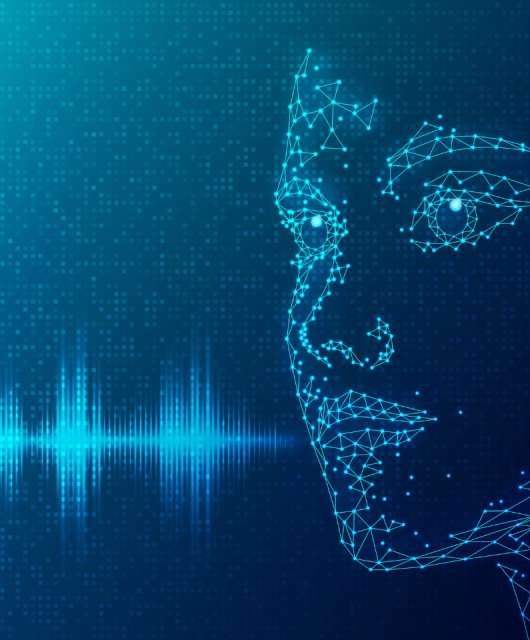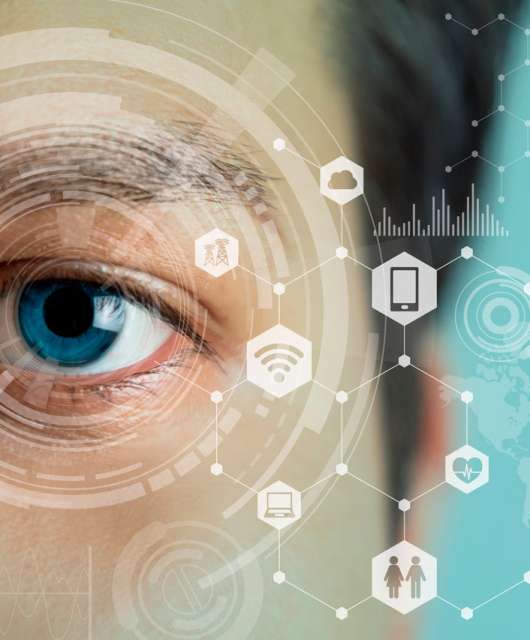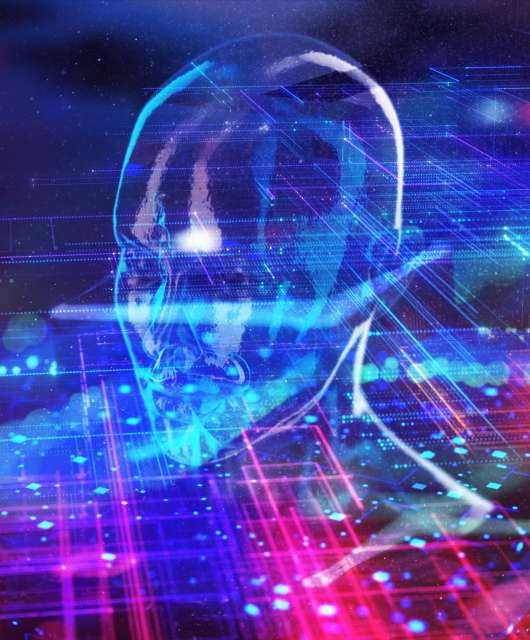The Emerging Era of Digital Identities
Covid-19 changed the life of millions of people in many ways. The global shutdown during the pandemic even changed how people work—tens of millions started working/studying remotely after covid-19 hit and refused to return to the office/school.
Many realized remote/hybrid work could be done from anywhere in the world. Suddenly there’s no difference whether an employee is based in Bali or a living room of a condo in New York. However, the global increase of remote workers traveling around the world, also known as digital nomads, presents many problems, that include the need for digital IDs and global passports. The ability to freely move without damaging a career also opened the eyes of many to the fact that the borders are not really that open, even for people coming from a wealthy country.
What is a digital ID?
The increasing demand for digital IDs has been a notable trend in recent times. As technology continues to advance and more services move to the digital realm, the need for secure and reliable digital identification has become crucial.
Digital IDs, also known as digital identities or electronic IDs, are unique online representations of individuals or organizations. They provide a way to authenticate and verify identities in the digital world, similar to how physical IDs are used in the real world. These digital identities are used for a wide range of purposes, including online banking, accessing government services, e-commerce, healthcare, and more.
Digital Nomads
Digital nomads have to go through many bureaucratic hoops to keep doing what they are doing while remaining legal and obeying local regulations and taxation requirements. Many countries successfully tried to open their borders to digital nomads, and countries with pleasant climates, such as Barbados, Greece, and Portugal, managed to become hotspots for single work-from-home adults. However, those efforts were insufficient, and workers are now calling for further easing of movement across different countries that includes the adoption of digital ID.
The increasing demand for digital IDs has been a notable trend in many US states.
Governments worldwide, including some local US states, have not been silent about the people’s requests. States such as Arizona, Colorado, Georgia, and Maryland have made the first steps. Apple users from those states can add a driver’s license to a phone’s Apple Wallet. However, we are far from mass adoption, and a global database consisting of a secure digital platform has yet to exist.
On the other hand, skeptics have said that creating a global database of people might be dangerous. A global-government-run version of Facebook with profiles of every face on earth sounds like something from a sci-fi movie. Not many would be happy to have profiles with verified information in a searchable database visible to potential employers that store personal information such as current employers, number of children, marriage status, religious attribution, etc. This not only presents a privacy nightmare where employers can discriminate as they please but would also have an irreversible economic impact.
Suddenly living in Nashville, TN, or any other big city in the US, and being close to the HQ of a targeted employer won’t matter as the business would easily hunt for cheaper labor from other countries. While this is sometimes happening right now, with no global passports in place yet, it is much more complex for employers to ignore local talent and look elsewhere, including potential employees in foreign states. Opening the borders would likely be an excellent financial decision for shareholders of big companies. Still, it would likely not be the best news for potential employees already residing in developed countries.
Mass adoption of digital IDs is likely headed our way. “Everything app” solutions already receive mass adoption in countries such as China. The Asian superpower has a billion residents who can use digital ID cards to identify themselves when checking hotels or registering for government services. However, as with every technological advancement, such adoptions would also be taken with a grain of salt. A global database could also mean new doors for discrimination, privacy and security issues, government eavesdropping, and other risks.







